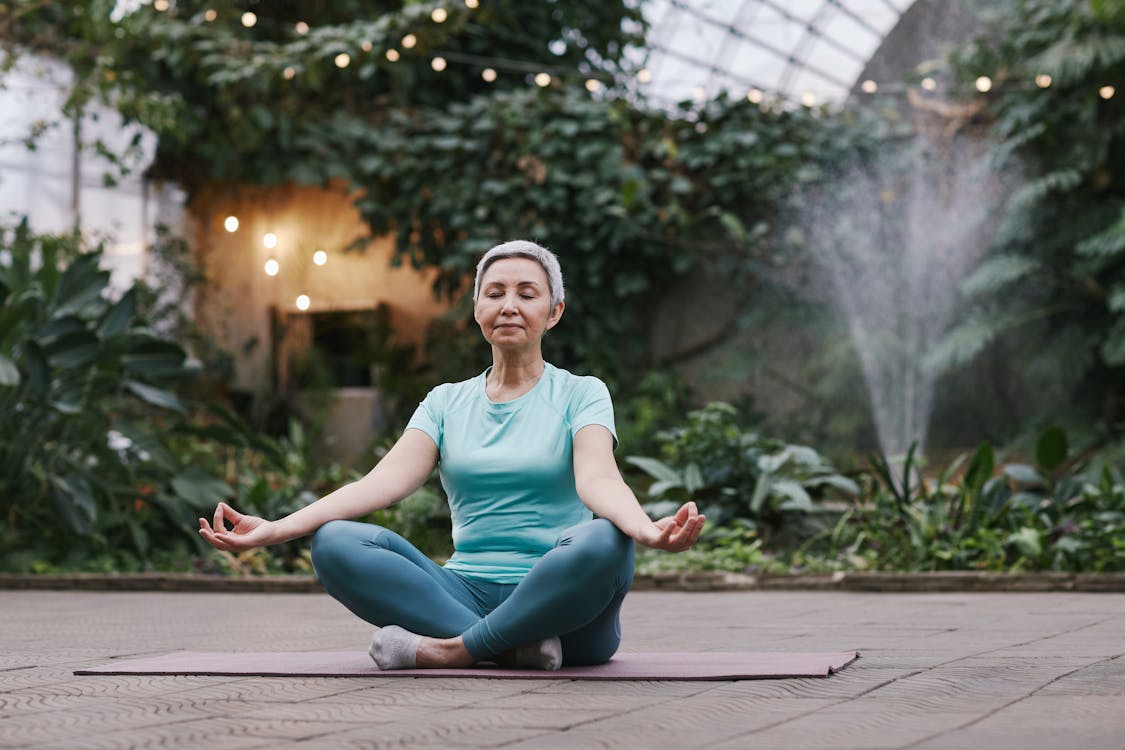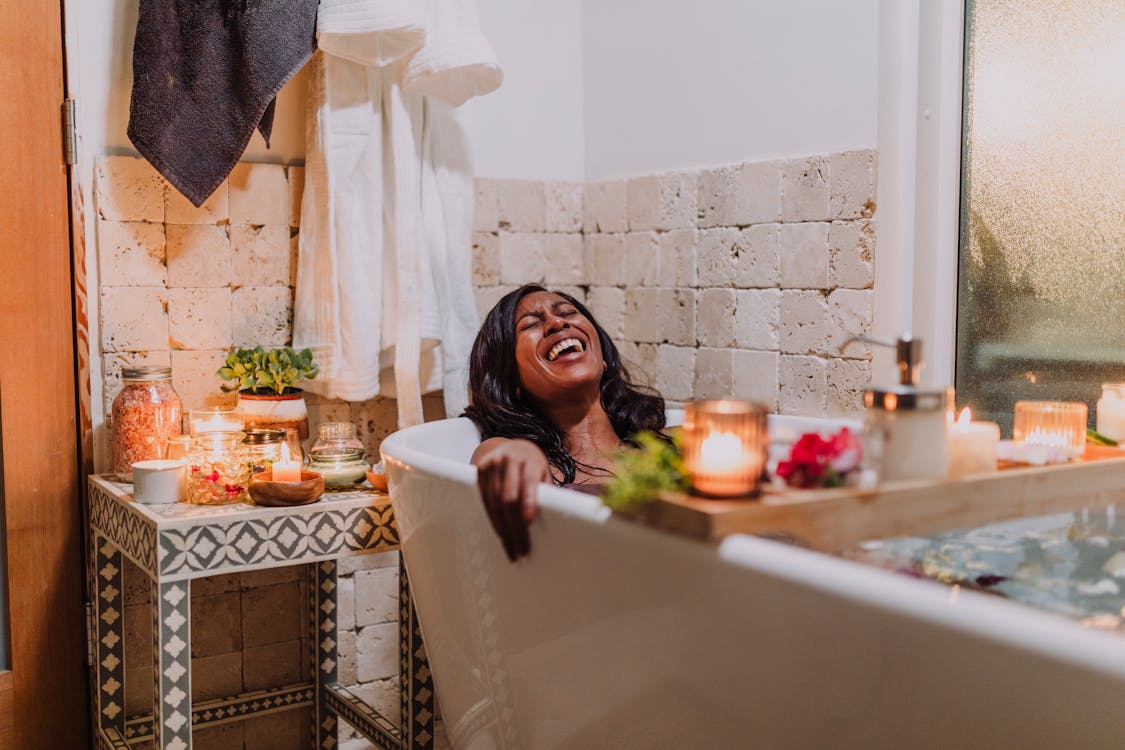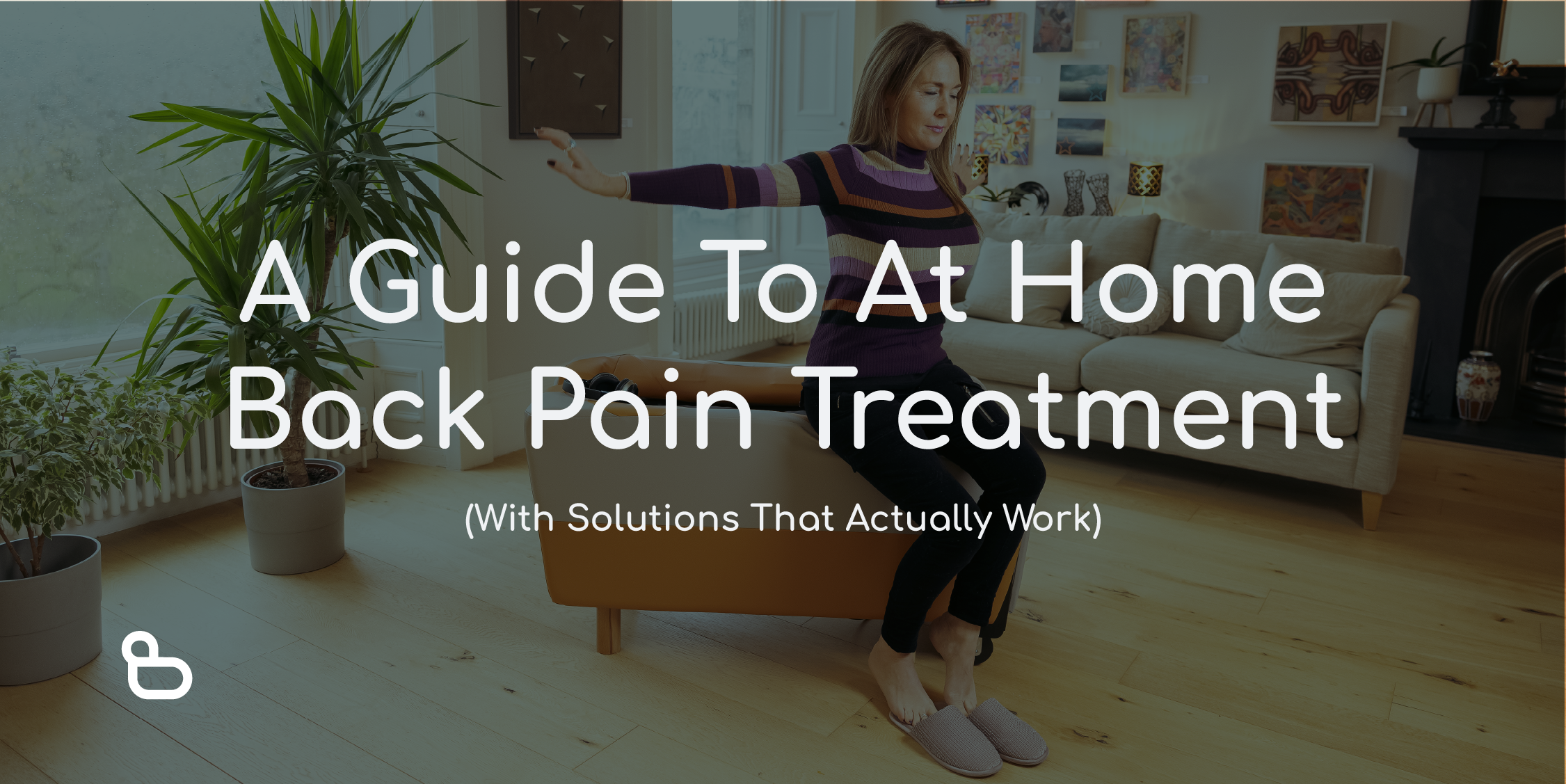Listen up! 4 reasons why being a better listener is your best habit
You may have heard of the age-old idiom of having ‘two ears and one mouth’ for a reason (if you were actually listening that is).
Growing up with a moderate hearing loss taught me many lessons, not least how to make the best use of the sounds I could make out but also how to listen – really listen – and understand.
One of the facets of today’s world is not only noise but also the background of annoying, almost high pitched distractions. How can we filter out fake news, opinions and celeb gossip? And did Kanye really compare his mother in law to Kim-jong un?! (Yes he certainly did but that’s a story for another blog).
Like any skill, listening takes practice, patience and a willingness to fail. We all get carried away with our own stories and funny quips, whether it’s parties, team Zoom calls or first dates. How do you find the balance between listening vs talking time? Is there a golden ratio, the perfect equation or an implicit, unspoken agreement? The beauty lies in being an adaptable listener, which can be an art form in itself.
Reason one – You genuinely are fun at parties

Everyone has that one ‘friend’ who loves their voice too much. It’s as if their entire existence depends on constantly exercising their tongue, and God forbid they have to keep their lips sealed for longer than 30 seconds.
The type of loosely related acquaintance whom we’d happily avoid at the supermarket by diving into a different aisle. If anyone asks, yes triple-A batteries and PVA glue were 100% on my shopping list. It’s really a case of engaging at your peril.
But here’s the thing, most of us if, we’re really honest, care more about our problems than a beaten to death story of how our ‘friend’ once dated a C-list celeb and got trials with West Ham before tearing their ACL. The one upside to engaging in these conversations (albeit more one-sided than 90% of Scotland’s rugby matches at Twickenham) is the unmatched sense of relief once you find an excuse to leave.
Perhaps I’m too harsh on our soapbox aspiring pal, but being a soundboard and a front-row supporter of others’ stories and conversations can make you relatively popular.
In Dale Carnegie’s How to Win Friends & Influence People, he outlines ‘six ways to make people like you.’ Number 4? Be a good listener. The more you show a willingness to be curious about others, allow them to showcase their passions and make them feel important, the more you’ll be instantly likeable by almost all.
If you’re a top tips fanatic like me, here are a few principles to double down on:
- Non-verbal feedback. Smile, make eye contact, nod and mirror others
- Ask good questions that show you’re engaged
- Reflect back on what they’re discussing
- Summarise to show understanding
Reason Two: Be a shoulder to cry on

You may or may not be an aspiring psychotherapist, but listening to others’ problems and providing solutions is an equation in which everyone’s a winner (my high school maths teacher will back me up on this).
I’m not suggesting that you shoulder the burden of everyone’s complaints, anxieties or passive-aggressive response to that one upstairs neighbour who insists on putting a wash on at 11 pm (I hope you shrink your favourite jumpers and stain your whites). But, having a shoulder free to support can be the difference between suffering and freedom for someone you care about.
The beauty of therapy lies in simplicity. It’s the ability to allow others to unwind the difficulties in their head and let their words literally do the talking.
The principle here is to be genuinely non-judgemental. A neutral observer provides a stage for others to release their tension and make their predicaments easier to tackle.
You may be wondering ‘what’s in this for me?’. Well, other than being a good egg, it brings with it a fulfilling sense of purpose. There are few more positive emotions than the feeling of helping others to improve their lives. The universe runs on abundance and the more you give out into the world, the more you attract positive outcomes yourself.
Reason Three: DON’T play it by ear

We can use listening to also be better to ourselves. Ever wonder why you get sick as soon as you take a holiday? Well, oftentimes our body is screaming at you to slow down and take two. As the host of a Zoom call, we often abuse the power of sticking this ‘on mute’.
When you’re trying to sleep, eat, work, take care of the kids, keep up your 5K training, pay your bills, send an angry gif to some idiot on Twitter, it’s little wonder that you can easily become one of nearly 600K UK workers suffering from burnout in any given year.
Listening to your body is no walk in the park (although funnily enough that itself can be a useful tool). There’s a reason that meditation and mindfulness are gaining serious momentum. The ability to silence outside distractions can prove invaluable.
If you’re a meditation novice and anti-wishy-washy like most of us, consider trying a few popular Apps such as from our good friend and recent BackHug Live guest Andrew Johnson and be literally open-minded. There is the real science behind it, I promise.
Back in the stone age, when we were faced with the genuine threat of sabre-toothed tigers, constantly activating our ‘fight or flight’ mode made sense. However, what your friend said behind your back or tomorrow’s board meeting aren’t quite the same life or death scenario (although we may tell ourselves that they are).
Another strategy to practice is the art of tracking. Building your own trends of energy, sleep, mood and focus. Rate yourself out of 10 for each per day and do some post-game analysis if you’re hitting sub 5 consistently.
You may find that you’re staying up too late watching Epstein documentaries on Netflix, or getting your only intake of water from your third coffee of the day. Find patterns, be easy on yourself and fine-tune as you need.
Reason Four – Do you mind?

Perhaps the most important source to listen to is what is genuinely going on in between our ears. We are both our best cheerleaders and worst enemies, and the stories we tell ourselves are convincing enough even to the most sceptical.
The reality of listening to our own thoughts is that they’re messy and as soon as you start tuning in, the mess can get worse (sometimes enough for Marie Kondo to tell you to ‘do one’ and tidy up yourself).
Having studied biochemistry at university, one of the principles of pain and discomfort that resonated most with me was that they exist for a reason. They’re there to tell us that something needs to change.
If we ever need evidence of the creative potential of humans, it’s the myriad of means that we use to avoid feeling these unpleasant sensations. Unhealthy habits from overeating to drinking and ‘being busy’ are all particularly deceptive.
In fact, one recent study at the University of Virginia found that 67% of men and 25% of women would literally rather get an electric shock than to sit quietly and think. Perhaps that bottle of vino is looking more reasonable after all.
A great starting point is to write down thoughts that you ‘hear’ pop into your head and imagine yourself as entirely separate from them. Almost a judge and jury studying the arguments of either side. (And no, you shouldn’t be open to bribes).
Once you learn to separate yourself from your thoughts (a majority of which are ridiculous) you can start to free yourself from revisiting old stories from your life and the limiting beliefs you’ve acquired over the years, even just a smidge.
The best aspect of listening is that as a skill, you will never be truly ‘done’ and there’s always room to improve. Thankfully, ears themselves aren’t muscles in the same way as legs and arms are, otherwise we’d have therapists like Dumbo and politicians who can’t stay upright.
Useful links:
Sign-up to our newsletter and receive:
- Product updates
- Wellbeing top tips
- Exclusive access to the latest news


